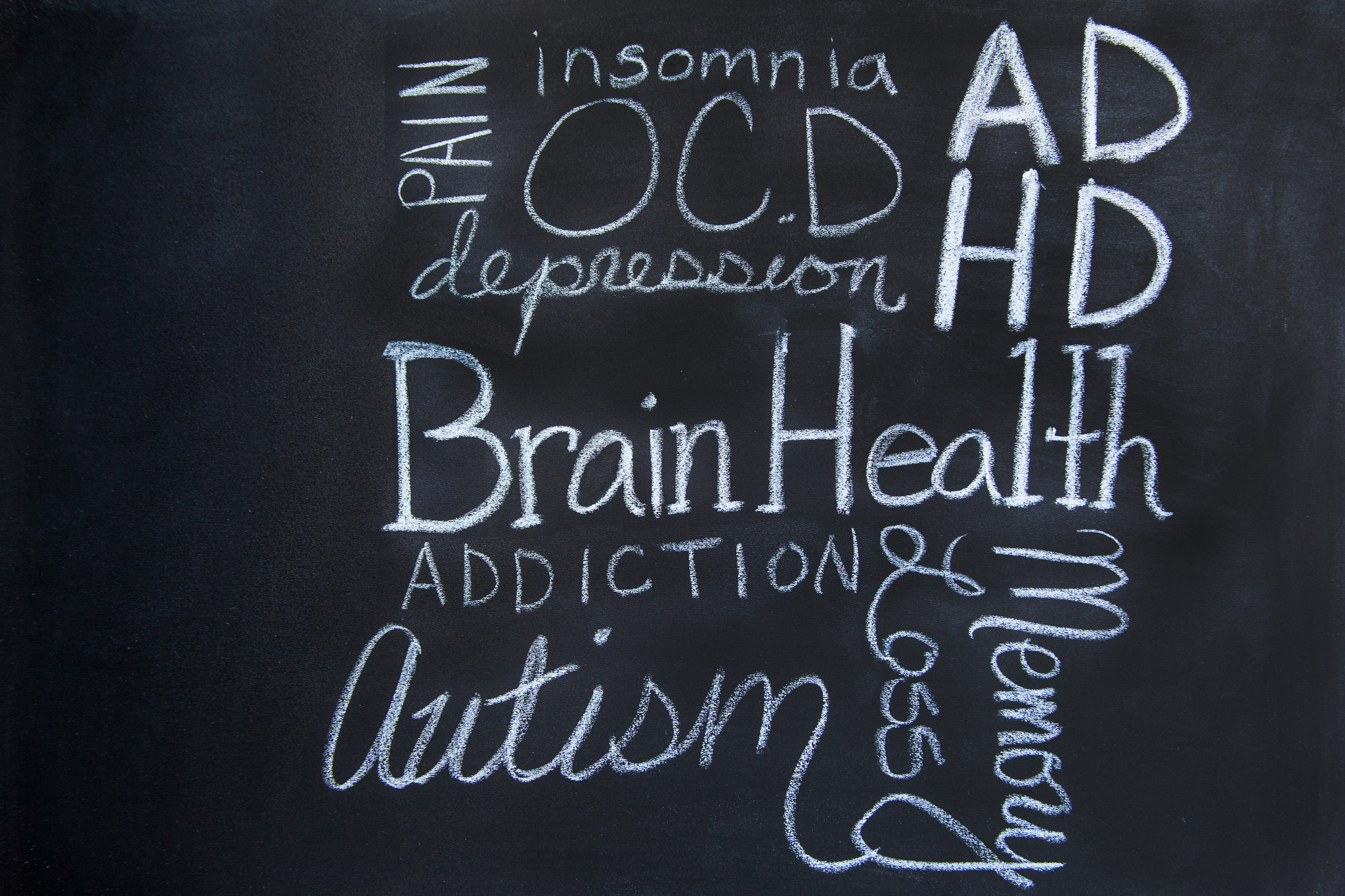By Jessica D Simon
Walking down the familiar dead-end hall of Psych 2, I nearly walked right past the thin woman almost drowning in her hospital gown as she calmly allowed the nurse to take her vitals. I stopped to confirm her identity and introduce myself. “Oh hello, how are you?” came the polite response. Stories of Betty had wafted down from the consult-liaison team for the past week with a macabre fascination. Her image was contradictory; it seemed implausible that the frail, proper lady sitting in front of me, hair pulled neatly back into a graying ponytail, had just a few days prior made the desperate decision to violently shoot herself in the chest with the intention of ending her life.
I held my breath in anticipation, unable to deny my excitement at being assigned to this case followed immediately by the familiar sensation of guilt. How can I be fascinated by someone’s dark tragedy? I would soon learn that this dissonance, walking the line between compassion and self-gratification, lies at the heart of providing effective psychiatric care.
We exchanged pleasantries as together we made our way to the optimistically named “comfort room,” home to one large battered upholstered chair, a modest wooden table, and a window with an AC unit, culminating in a poor excuse for a respite on Psych 2. Betty shuffled slowly, still healing physically from her wounds, until finally making it to the red armchair where she would spend much of her time over the coming weeks. She looked at us expectantly with a hollow stare. She had a defeated yet pleasant energy about her, and the gentle wrinkles surrounding her dead-set gaze told me that I was sitting in front of a woman whose life I knew nothing about.
Betty met her husband Steve in high school, forming an immediate infatuation that continued to blossom into 45 years of loving marriage. They had no children and spent their days attending church, going for long walks with their dogs, and volunteering together in the community. Their lives were filled with a beautiful simplicity that bestowed long-lasting contentment, a sentiment for which many spend their whole lives searching. When Steve was diagnosed with an aggressive glioblastoma on September 1, 2021, Betty’s life quickly evolved into an endless cycle of hospital appointments, research, and clinical trial investigation. Yet she helplessly watched as Steve’s condition steadily worsened, his movements slowing and memory fading. In May 2022, when Steve failed multiple clinical trials, Betty fell into a deep despair that ultimately pushed her past the precarious edge of desperation.
Betty’s hopelessness was palpable, leaving an icy chill hanging in the room. I was alarmed to find myself feeling her agony to the extent that I almost wished for her sake that she had fulfilled her wish to die. I knew I could not promise this woman that she would have a happy future, devoid of the comfort and love that she had shared with a now dying man for the greater portion of her life. I took a deep breath. Working with Betty, I would slowly realize the therapeutic power of carrying the hope that individuals have lost in the flooding sea of mental illness until they again emerge and attempt to swim.
On Monday, Betty’s third day of admission, we received news that Steve had passed away in hospice earlier that morning. I hesitantly approached her for our usual session, preparing myself for an explosive encounter. I was shocked to find her eerily calm, her tone level, her response rational, her composure unscathed. She stared at me with the same dead eyes and motionless face that seem to challenge me, now what?
Betty guarded her true emotions with years of protective layers built from privacy and stoicism, speaking slowly with stiff unmoving facial features. I spent hours sitting across from her, watching her sip her two vanilla ensures that she ordered for lunch and racking my brain for how to engage her in a therapeutic relationship. A two-hour session with her felt equivalent to about twenty minutes of meaningful conversation, and for days it felt like we were getting nowhere. One day she said, “No one actually cares. You come and talk to me, but you don’t think about me once you go home.” Remembering the numerous times I had neurotically checked Epic late at night, my immediate unfiltered reply came, “actually I do think about you when I go home.” I saw her face soften ever so slightly, yet immediately regretted responding with my own emotional response rather than creating a space for self-reflection.
This moment brought me face-to-face with my own humanity and its effect on my patients. My response had centered myself in her healing, needing her to see my goodness and selfishly wanting our relationship to be special to her. The real question was why had she made that statement in the first place? The grief of losing her husband had clearly left her in the depths of an extreme loneliness, and this statement had unveiled a desperate longing to be held. An opportunity to guide her towards conscious awareness of her deepest desires became instead a chance for me to prove my compassion, a band-aid for her depression. I began questioning my habit of spending two hours daily speaking with her. What expectations was I setting? Was I doing it for her or for me? Doctors of course are all human, affected by the accumulation of past life experiences with flaws and strengths alike. I now realized the extreme importance of having self-awareness and acknowledging my own emotional needs as a future psychiatrist.
Betty thanked me politely after each session, maintaining her image of a proper, well-brought up woman despite her circumstances. As we approached more difficult questions, her eyes would close tight with a wide grimace that displayed all her teeth, the veins in her face tensing with discomfort – a look as if she was about to break-down into heaving sobs. Yet I never saw her shed a tear. Over time, I slowly began to see changes in her as she learned to label her emotions, reflect on her self-isolating nature, and even display a forward-thinking attitude about what her future life may look like. Eventually, she entrusted me with the information that her suicide attempt had been a “joint act” with her husband, in a Romeo and Juliet moment where they had felt that life was not worth living without one another.
It is hard to know how to react to such information, and my mind swarmed with questions and wonder upon this disclosure. The juxtaposition of romance and violence was truly something out of a movie. I was struck by the commitment of their love, yet deeply saddened by the decision to which it had led. Is love dangerous? Is grief inescapable? Are parts of life worse than death? Betty’s story was a reminder to withhold assumptions, and in the world of psychiatry it is often better to ask questions than it is to demand answers.
On her day of discharge, I stared at the familiar phrase in Epic that I had copy and pasted many times: “Betty Wolff* is a 64-year-old female who presents after a self-inflicted gunshot wound to the chest s/p pulmonary wedge resection.” The brief summary evoked alarming images of the well-intentioned, loyal woman I had gotten to know intimately over the past couple of weeks. As I watched her walk out the door that day, neatly dressed in the button down and tennis shoes that her brother had brought, a wild mix of emotions swelled inside me. I felt proud to have played a role in her recovery process yet fearful of how she would respond to her new reality.
Psychiatry is wrought with uncertainty, with mistakes potentially resulting in devastating consequences that can keep you up at night. Yet I found solace in knowing that we had given Betty the potential to reclaim her life after unimaginable tragedy had left her in the dark sea of hopelessness. Everyone deserves that chance. I left my rotation with a deep appreciation for the complex nature of psychiatry with an increased comfort in relinquishing control over the unknown, acknowledgement of our shared humanity and limitations as clinicians, and an acceptance of the unpredictability of life and fellow humans.
And when Betty returned to the unit two days after her discharge having asked her brother to kill her, I learned to see this not as a failure but as a small stepping-stone in the complex journey to recovery.
* all names and identifiable information have been altered for patient privacy




